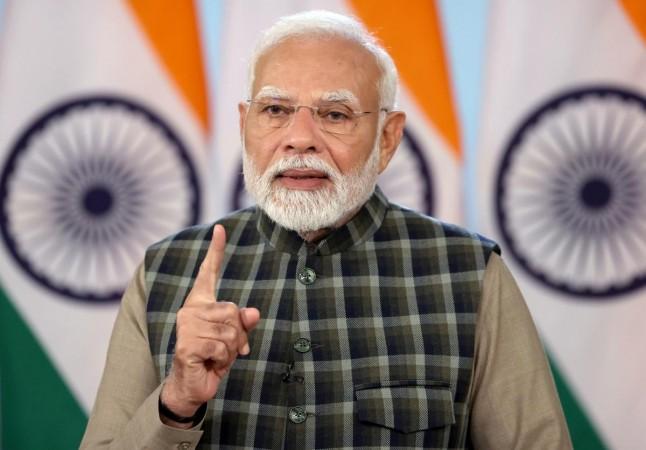
Prime Minister of Indiahas underscored the significance of the National Education Policy (NEP) 2020, emphasizing its support for the vision of teaching young children in their mother tongue. This innovative approach, backed by a plethora of resources, is aimed at fostering deep learning, creativity, and cultural preservation among the young minds of the nation.
The Prime Minister's remarks came in response to a post by Union Education Minister Dharmendra Pradhan. The Union Minister had highlighted the importance of teaching young children in their mother tongue, a practice that not only facilitates deep learning but also fosters creativity and preserves cultural roots. He further pointed out how NEP 2020 supports this vision with innovative initiatives and resources.
The Prime Minister, in his response, urged the citizens to read the Union Minister's post, thereby endorsing the vision and the initiatives of NEP 2020. He wrote, "Union Education Minister @dpradhanbjp highlights the importance of teaching young children in their mother tongue for deep learning, fostering creativity and preserving cultural roots. He mentions how NEP 2020 supports this vision with innovative initiatives and resources – Do read!"
The emphasis on mother tongue education is not a new concept. Historically, several countries have adopted this approach to enhance the learning experience of young children. For instance, in the early 20th century, the Soviet Union implemented a policy of nativization that promoted education in the mother tongue of various ethnic groups. Similarly, in the 1950s, China introduced a policy to promote mother tongue education among its ethnic minorities.
The NEP 2020's focus on mother tongue education aligns with these historical precedents, albeit with a modern twist. The policy incorporates innovative initiatives and resources to support this vision, thereby setting a new benchmark in the field of education.
Mother tongue is the key to developing creative and critical thinking.
— Dharmendra Pradhan (@dpradhanbjp) December 11, 2024
As we commemorate the Jayanti of Mahakavi Subramania Bharati ji and celebrate ‘Bharatiya Bhasha Utsav’, penned a few thoughts on PM @narendramodi’s commitment to preserve Bharat’s linguistic diversity, NEP… pic.twitter.com/AYMTvbi78D
The NEP 2020, with its emphasis on mother tongue education, is expected to bring about a paradigm shift in the Indian education system. It aims to create an environment where children can learn and grow in their native language, thereby fostering a deep understanding of their cultural roots. This approach is expected to enhance the learning experience, promote creativity, and facilitate a holistic development of the child.
The Prime Minister's endorsement of the NEP 2020 and its vision underscores the government's commitment to revamping the education system in the country. It also highlights the importance the government places on preserving the cultural roots of the nation while fostering creativity and deep learning among the young minds.

















